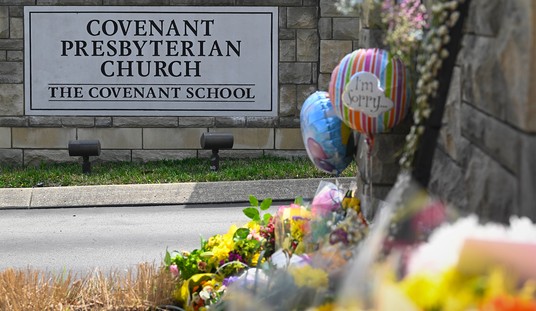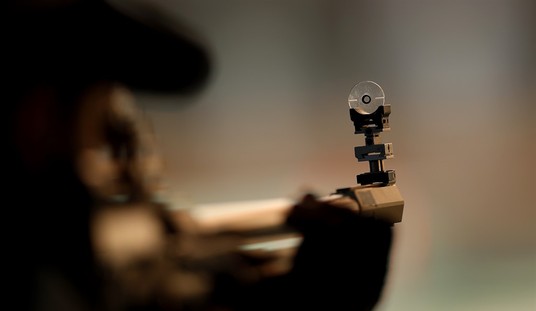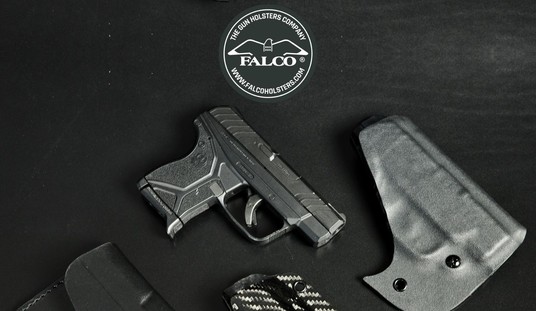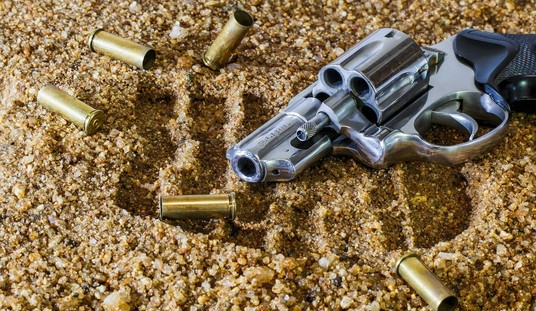While most of the post-Bruen gun control laws that we’ve seen enacted in recent months have come from state lawmakers, county commissioners in Hawaii County have given their approval to a new “sensitive places” statute that places tight limits on where concealed carry holders can lawfully bear arms in self-defense; so draconian, in fact, that the measure will almost certainly be challenged in court.
The debate over Bill 220 has been contentious at times, with dozens of gun owners speaking out against the proposed law. Those objections, as well as similar complaints by several commissioners themselves, led to the measure being slightly watered down before it was given final approval on Wednesday, but though the bill has been somewhat improved along the way it still falls far short of adequately protecting the Second Amendment rights of residents.
The final form of Bill 220 fills the gap left by the Supreme Court decision by enumerating several different places where people with carrying licenses cannot bring firearms. Those places include hospitals and other medical facilities, schools, parks, churches, voting centers, government vehicles, public transit facilities and vehicles, establishments that serve alcohol, and “private property open to the public where it is conspicuously posted that public carry of firearms is not allowed.”
That last phrase was the subject of lengthy debate at both Wednesday’s meeting and the council meeting two weeks prior.
Hamakua Councilwoman Heather Kimball, who introduced several amendments to the bill throughout its development, said said the intention of that phrase was to refer to locations such as stores and similar establishments.
However, Kimball pushed for an amendment that would shift the burden of informing the public about the rule to individual businesses. While the draft that passed allows firearms in any public business that has not posted that guns are not allowed — effectively allowing a business to “opt out” of allowing guns — Kimball’s amendment would have required businesses to “opt in” by prohibiting guns in all businesses unless a business explicitly allows it.
“We have so many people who own places of public accommodation who are not even aware that we are having this conversation right now,” Kimball said. “What I’m asking for is to consider that, because of the … fact that this has not been widely permitted in Hawaii or Hawaii County for all this time, we need to make it actually clear where it is permitted.”
What Kimball wanted was to make concealed carry banned by default on private property; a provision not found in the vast majority of states across the country, but one that anti-gun politicians like New York Gov. Kathy Hochul have adopted in defiance of the Supreme Court’s ruling in Bruen. Thankfully, council members rejected her amendment, which means that businesses and establishments that want to prohibit concealed carry on their premises will have to post signs to that effect, as is the already the case across most of the United States.
Still, a number of the “sensitive places” in Bill 220 are unlikely to hold up to court scrutiny, including parks, restaurants where alcohol is served, and public transit. A number of other locations like churches, schools, and medical facilities have been deemed “gun-free zones” as well, but come with exceptions that allow property owners or administrators of those facilities to “opt-in” to allow for concealed carry on the premises.
Council member Ashley Kierkiewicz was the lone commissioner to vote against Hawaii County’s new list of “sensitive places,” which now heads to Hawaii County Mayor Mitch Roth for his expected signature. The Hawaii Firearms Coalition has been vocally opposed to the new measure, which the group describes as “an attempt to reduce the carry of guns by the law abiding people by making it as difficult to do as possible,” and the organization has hinted that legal action may be forthcoming once the bill is signed. With state lawmakers looking to enact similar restrictions across all the islands when they kick off the 2023 legislative session, suing over Hawaii County’s new infringements could not only help restore the right to keep and bear arms in one county, but possibly even convince state legislators not to adopt laws that will almost certainly be struck down.
Probably not, but a guy can dream. And more importantly, if Second Amendment advocates are successful in getting an injunction against some or all of these new “sensitive places,” any statewide “gun-free zones” that mirror the county ordinance would almost certainly be put on ice by the federal court system once they were the subject of litigation as well.
Hawaii gun owners have done a fantastic job of speaking out against the crackdown on their civil rights over the past few months, and that won’t stop with the passage of Bill 220. In fact, I think gun owners in the state are just starting to find their voice after decades of being brushed aside by politicians who pretended there is no right to keep and bear arms, and they’re not going to quietly roll over now that those same anti-gun officials are openly defying the Supreme Court’s ruling on armed self-defense in public.









